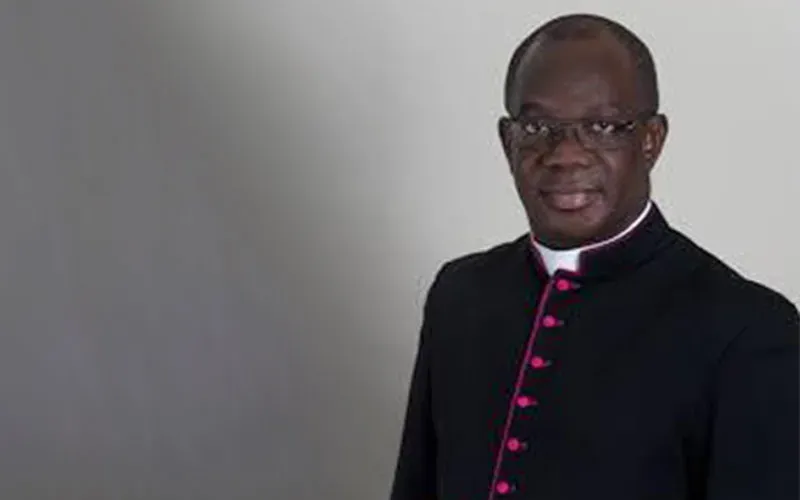Bamako, 11 February, 2022 / 8:27 pm (ACI Africa).
The West African nation of Mali can “achieve true peace” and development only if the leadership and citizens embrace dialogue, the newly appointed Apostolic Nuncio to the country has said.
“It is only through dialogue that Mali can achieve true peace and development,” Msgr. Mambé Jean-Sylvain Emien, has been quoted as saying in an interview with Vatican News reported Thursday, February 10.
The native of Ivory Coast who was appointed to represent the Holy Father in Mali on February 2 adds, “The Vatican has always advocated dialogue for the resolution of all crises. And I, as the Pope's representative to these people, will share with them the Holy Father's proposals that could contribute to the search for peace in Mali.”
Mali, a country with a population of 19.66 million people, has reportedly experienced a surge in violence involving both civilians and the military since 2012. Since then, abductions have become more persistent in the West African nation, with militants seeking either to get ransoms or to exert political pressure.
The attacks orchestrated by independent militia and jihadists linked to al-Qaeda and Islamic State, as well as inter-communal violence, have left thousands of Malians dead and hundreds of thousands displaced.








